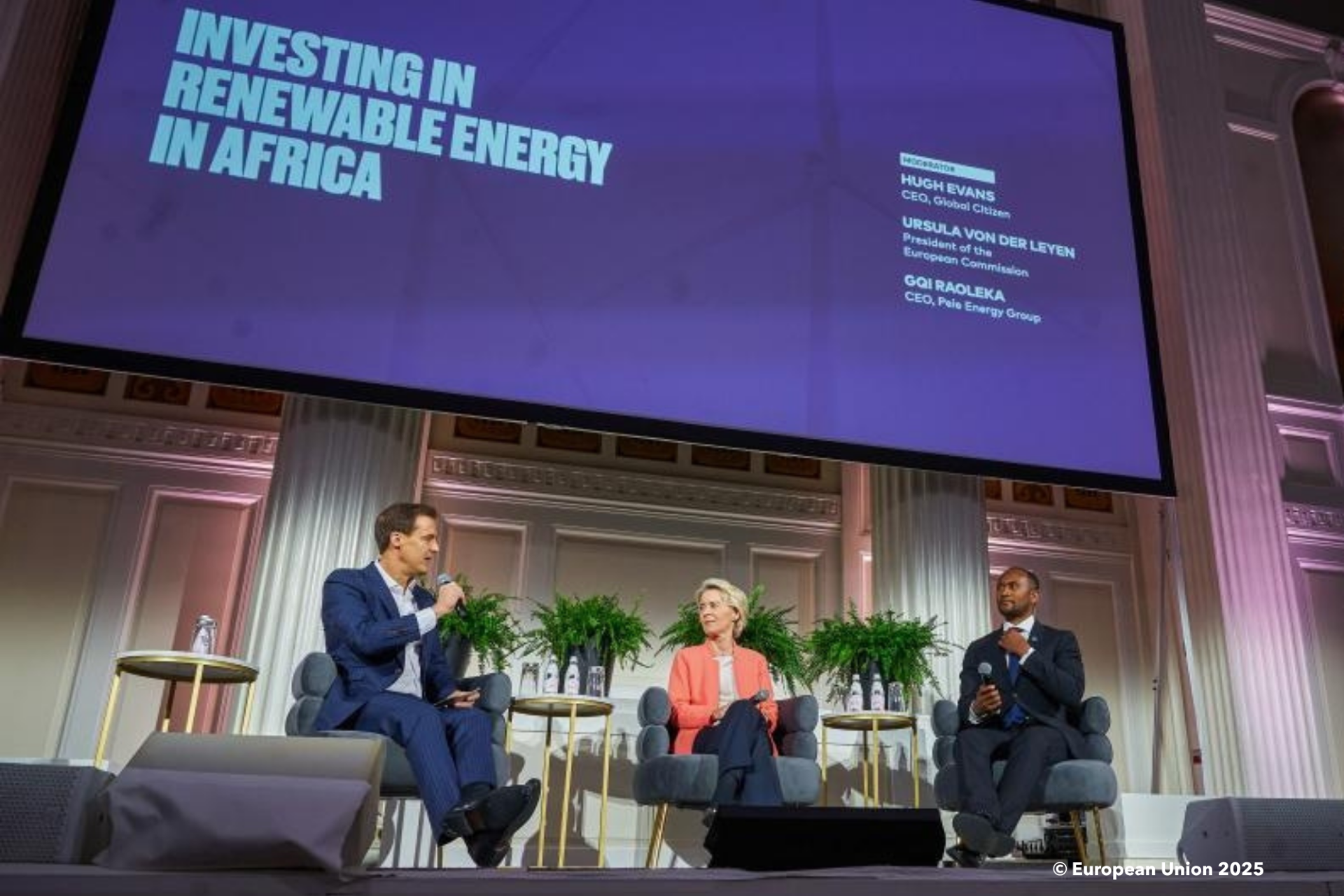
On 27 September, the European Commission (EC) unveiled a €545 million package to accelerate the clean energy transition in Africa. Just two days later, on 29 September, the EC’s Directorate-General for Research and Innovation (DG RTD) announced the adoption of a Ministerial Declaration and a New Agenda for Cooperation in Research and Innovation between the European Union and the Community of Latin American and Caribbean States (CELAC). Addressing clean energy as well as research and innovation in their global dimensions, both initiatives form part of the European Union’s broader international strategy to diversify supply chains and strengthen its overall strategic resilience, thereby reinforcing its position in an increasingly fragmented and unstable global order.
The first announcement, made in the context of the United Nations General Assembly held from 21 to 24 September 2025 in the US, is linked to the “Scaling up Renewables in Africa” campaign and the “Team Europe Initiatives” (TEI), the latter designed to ensure a coordinated approach among key European development actors – including the EU, its Member States, the European Investment Bank, and the European Bank for Reconstruction and Development (EBRD) – to drive sustainable energy investment across the continent.
The “Scaling up Renewables in Africa” campaign, a global initiative launched in support of the COP28 commitment to triple renewable energy capacity by the end of the decade and co-hosted by South Africa and the European Commission, aims to mobilise both public and private investment in renewable energy projects. Running for one year, it encourages fresh commitments in policy, finance, expertise, and technical assistance from governments, financial institutions, the private sector, and philanthropic actors, culminating at the G20 summit in South Africa on 22–23 November 2025.
The €545 million package will support new projects promoting electrification, modernisation of power grids, and improved access to renewable energy sources across several African countries, including Ivory Coast, Cameroon, the Republic of the Congo, Lesotho, Ghana, Madagascar, Mozambique and Somalia. This comes in a context where 600 million people in Africa still lack access to electricity and where, despite the continent holding some of the world’s largest solar resources, it attracts only 3% of global investment in the sector.
As for the New Agenda for Cooperation in Research and Innovation between the EU and CELAC, and the accompanying ministerial declaration, the initiative focuses on three main areas: climate change, environmental sustainability and the energy transition; health; and artificial intelligence in science. A dedicated working group will be established for each area, involving R&I stakeholders such as research-performing organisations. Building on more than 1,800 projects under the EU’s Framework Programmes Horizon 2020 and Horizon Europe involving partners from Latin America and the Caribbean, the working groups will develop 18-month action plans outlining cooperation activities such as joint projects, capacity-building actions, exchanges of best practices and awards for young researchers and innovators.
In its climate and energy transition component, the initiative will focus on adaptation, mitigation and conservation actions, as well as the development of integrated, climate-smart energy systems to enhance efficiency and reduce carbon emissions, renewable energy storage solutions, and decentralised energy systems. The work will also address green skills development and strengthened cooperation on critical raw materials. In addition, the cooperation agenda will promote open science, researcher mobility, access to research infrastructure, and data sharing. Research and Innovation ministers from the EU and CELAC will meet every two years to review progress, agree on new priorities, and provide strategic direction for the bi-regional cooperation.